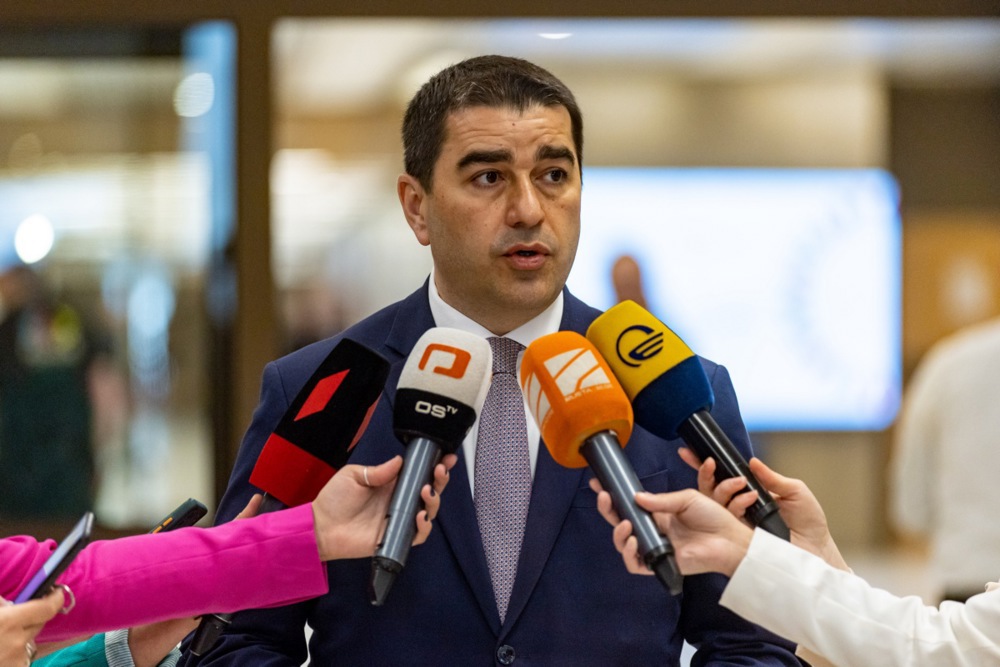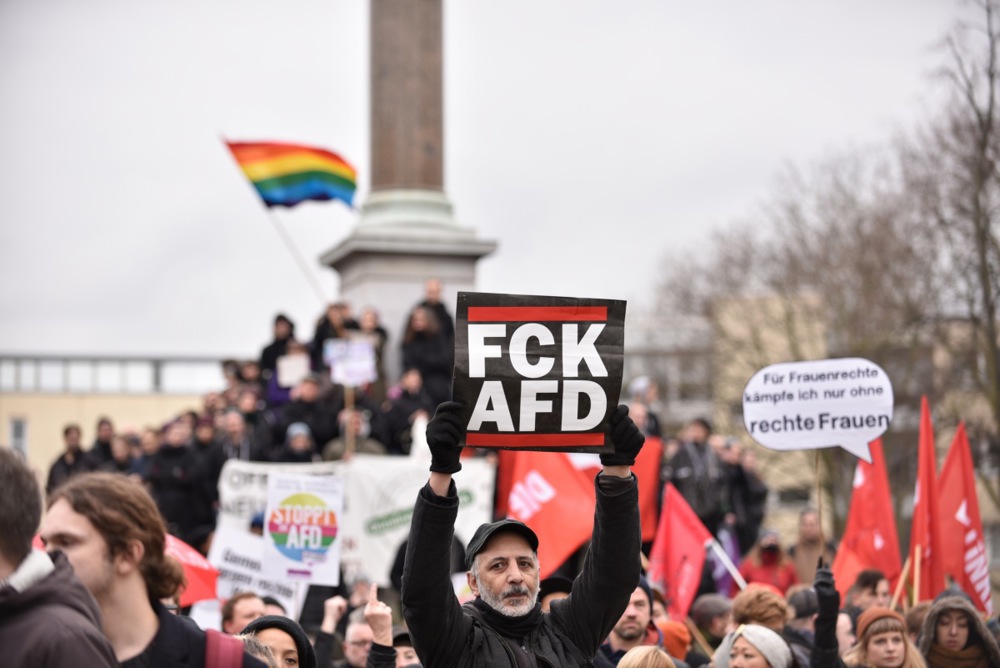The European Commission is pulling back €121 million in assistance for Georgia after the country voted for some laws the EU opposed.
On October 8, the Directorate-General for EU Neighbourhood Policy & Enlargement Negotiations (DG NEAR), the commission’s department handling the ascension of new member states into the EU, announced it would pull European funds from the nation.
The following day, October 9, the European Parliament is expected to approve a non-binding resolution on Georgia, in which it “regrets that Georgia, once a champion of democratic progress and Euro-Atlantic aspirations is in a democratic backsliding free-fall for a considerable period.”
The resolution was initiated by the Liberal Renew group.
They say that the ruling Georgian Dream party adopted “Russian-inspired” bills, which limit the capacity of civil society and media organisations to operate freely and curtails freedom of expression.
Georgia?? will lose €121 million in EU?? assistance, as a result of democratic backsliding.
Annual allocations are not all spent in the same year, hence remaining funds from 2022 and 2023 directly benefitting the authorities will be lost https://t.co/lbW2XXbXSC
— EU Delegation Georgia ?? (@EUinGeorgia) October 8, 2024
“Really sad that the democratic backsliding, hostile rhetoric and disinformation have lead (sic) to this. But Georgia can reverse this and return to the EU path. In line with the overwhelming desire of the Georgian people,” said Nicholas Cendrowicz, the head of cooperation with the EU delegation to Georgia, on X.
According to the EU, Georgian adoption of its Foreign Agent’s Law and its Law on Family Values and Protection of Minors, also dubbed the anti-LGBTQ bill by its opponents, indicates a “curbing of rights” and a “democratic backsliding”.
Reportedly, the remaining funds from 2022 and 2023, which were intended directly for the government, will be lost.
In a graph on social media, DG Near explains that €12 million for 2022 has been suspended or redistributed, €72 million from 2023 and €37.3 million from 2024.
Conversely, €73 million has already been handed out in 2022, €13 million in 2023 and €47.7 million in 2024.
In the summer of 2024, the EU already froze €30 million while more recently it even said that Georgia‘s accession process was “de facto halted” and urged the authorities to “recommit to the EU integration path.”





